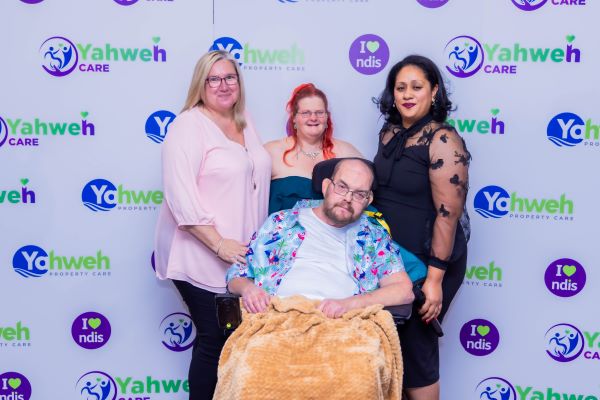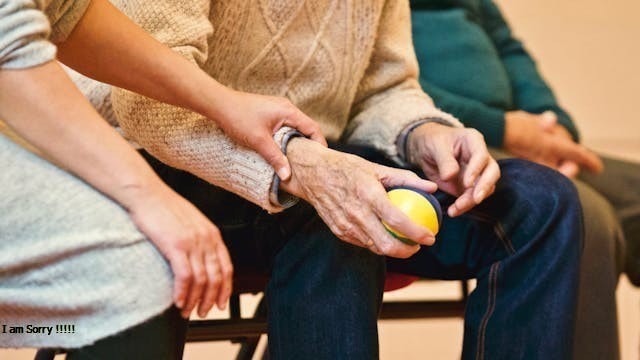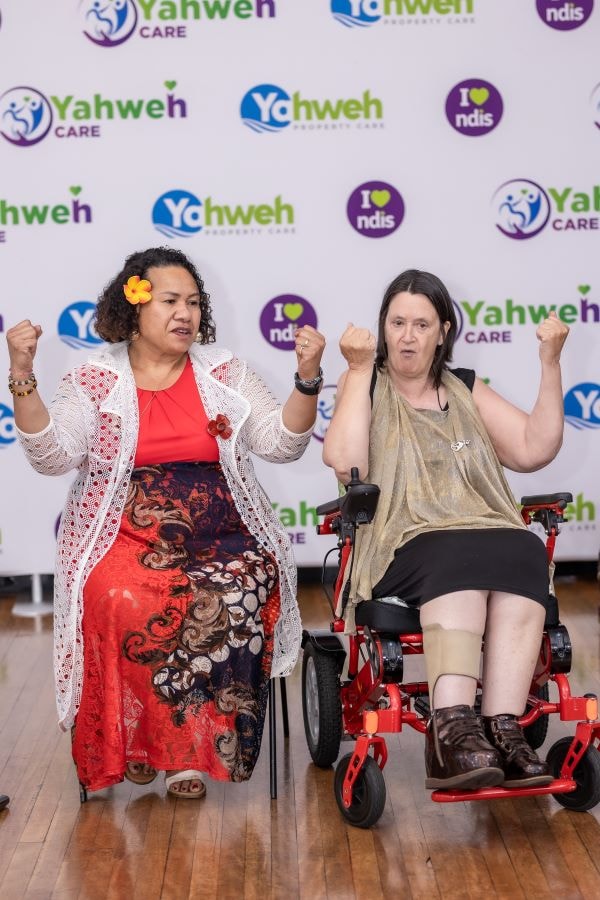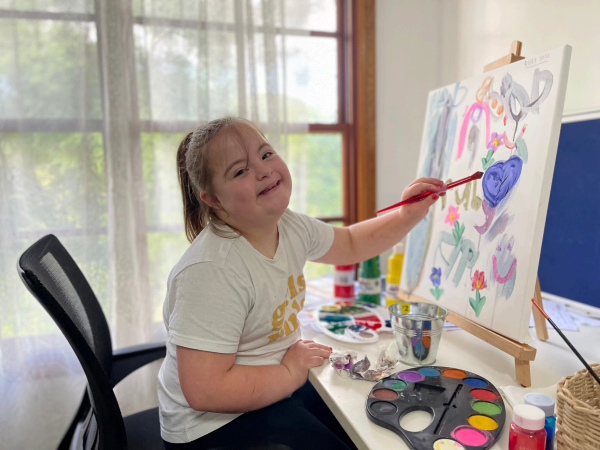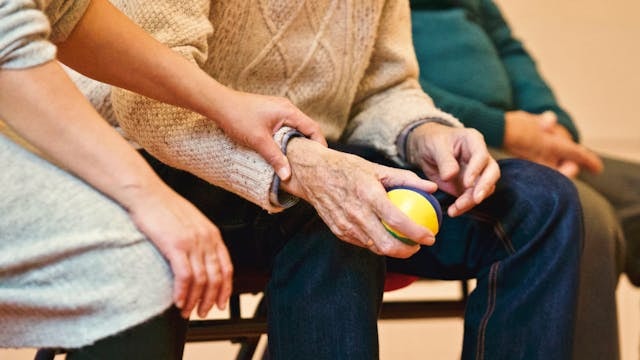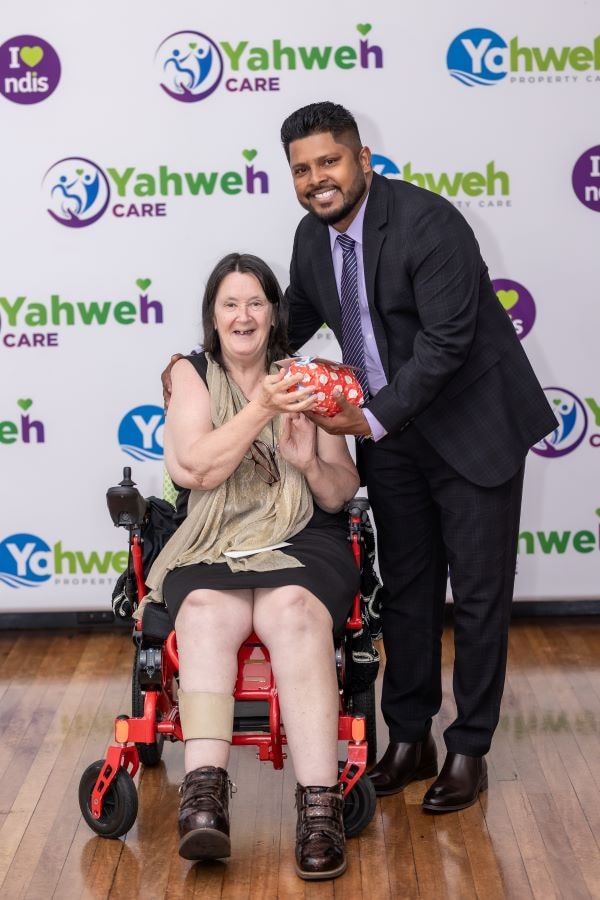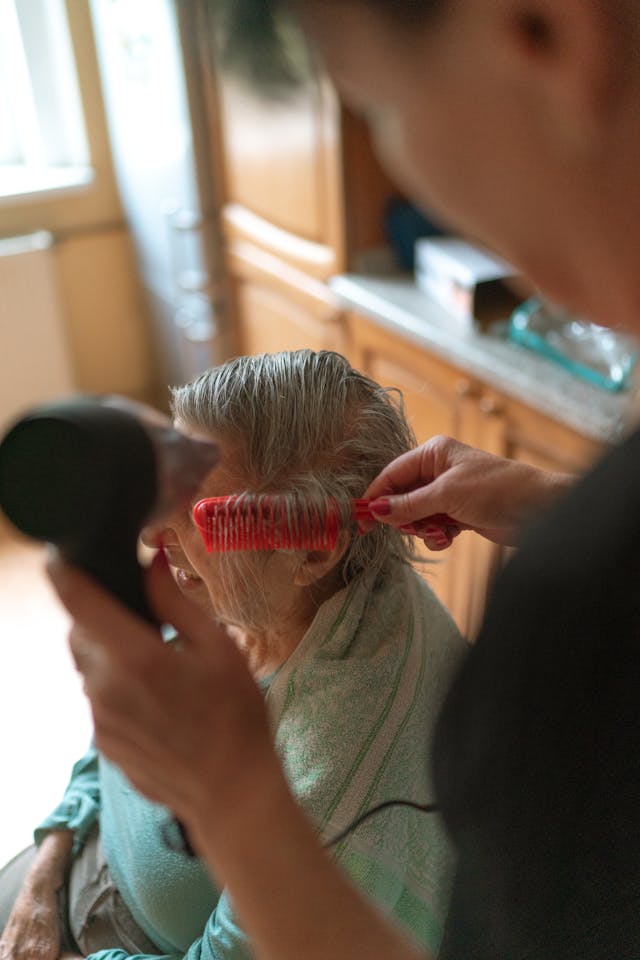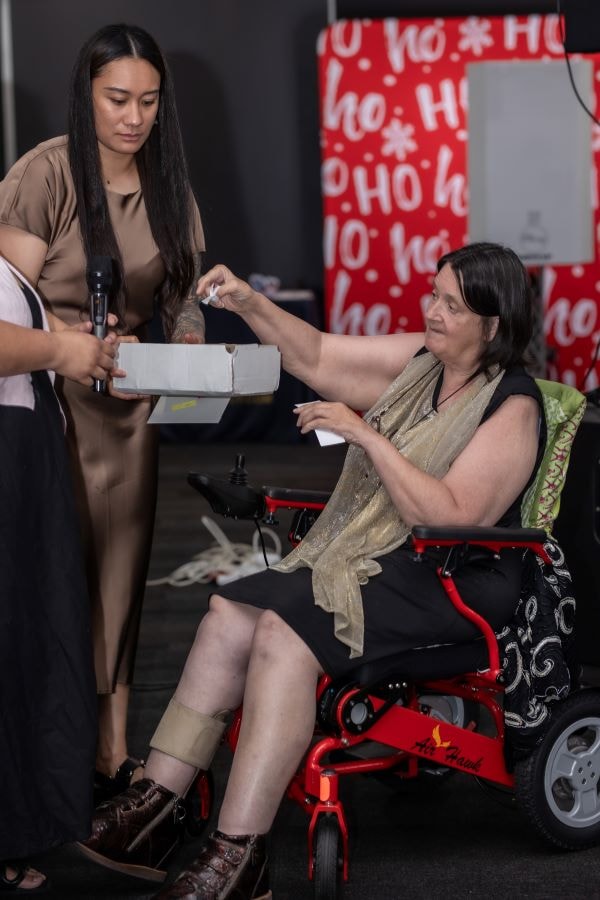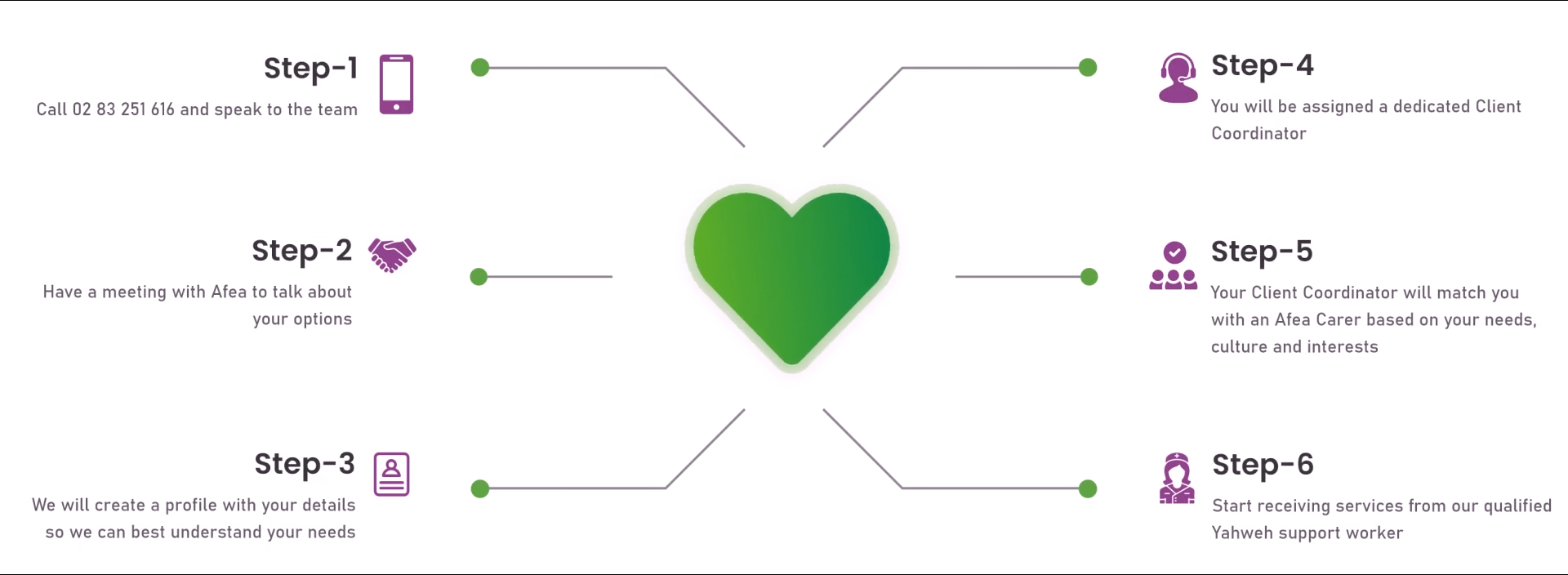Hospital discharge is the process of releasing a patient from hospital care. As a discharged patient, you will no longer receive hospital treatment. Usually, you will continue to care for your well-being at your house or any NDIS nursing facility of your own choice. You will be taken care of by a family member or a certified caregiver or an NDIS support care worker.
During the process, medical professionals or your doctors will explain to you the importance of hospital discharge planning. It is where you, as a patient, coordinate your health information with them to make plans about after-care. This may include caring for the bandage, taking a specific drug or medication, receiving home care, knowing what food to avoid, what activities are allowed, etc.
Hospital discharge care is essential for your health as it contains instructions to prevent you from returning to the hospital. This ensures that you stay on top of your recovery process as well.
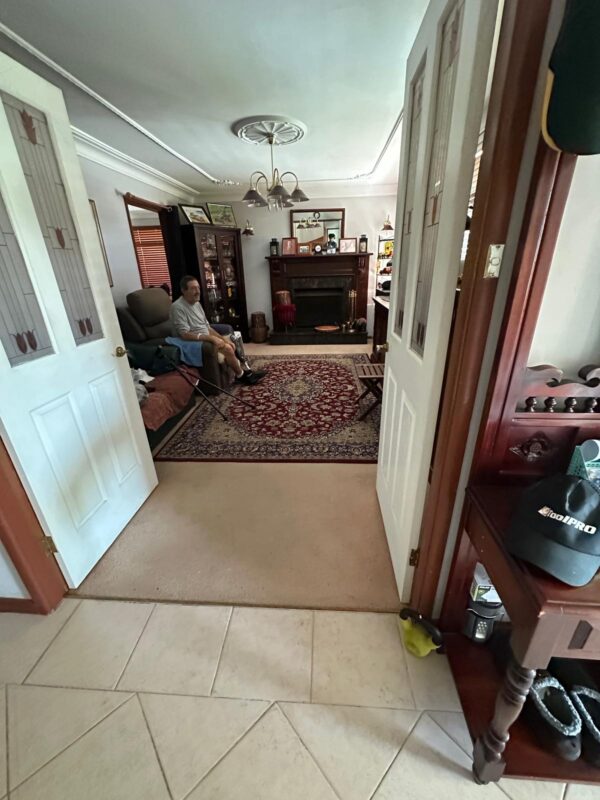
Why Do You Need Hospital Discharge Planning?
Hospital discharge planning is essential for you to get better. Not because the hospital releases you from their care, it does not mean you are healed already. The healing or rehabilitation process takes time.
Thus, hospital discharge planning is the appropriate way to ensure the positive development of your overall well-being. But before you can develop the best hospital discharge care plan, there are some things you need to consider.
Information About Your Diagnosis
Your health condition is crucial for the NDIS hospital discharge care planning. As a patient, you have an obligation to know and understand your condition so that you are aware of what you should and shouldn’t do.
You need to gather all the necessary information about your current health. That way, you can pay attention to the types of care you need and perhaps want to incorporate in your NDIS plan.
Knowing your diagnosis can help you understand the use of medical equipment, restrictions on food, and possible physical limitations. It will also let you know how to take advantage of the recovery support system.
With this step, you can rest assured that the transition from the hospital to your home or any care facility is smooth and convenient.
Schedule A Follow-Up Checkup
As a current discharged patient, it is vital that you continuously seek professional medical advice. Since you are still in the process of recovery, your health is fragile. That means you still need professional medical care and hospital staff assistance regardless of where you are after the hospital discharge.
That said, a follow-up appointment with your doctor is a must to monitor your recovery process and spot possible complications early. During a follow-up checkup, your care provider may assist you with the tailored NDIS support plan or treatment. Scheduling a follow-up can help you with timely intervention, necessary adjustments, and a better treatment management process.
Treatment And Medication Use
After the hospital discharge, your general practitioner doctor and another medical provider will instruct you to follow the specific treatment plan. This ensures that you keep on getting better and that your health recovers without unplanned readmissions.
During the treatment and medication plan, you are given information about what treatment needs to be continued and adjusted. Some of these may include physical therapy, structured counseling, and drug prescriptions.
In drug medication prescription, your NDIS health care provider will ensure the continuity of your drug regimen. They are also responsible for keeping you updated on the necessary dosage and informing you of any possible adjustments during the recovery period. This will ensure that you are safe from potentially unexpected drug medication errors.
As a patient, you will have to follow through with the required treatment plan and take all the medications prescribed to avoid future complications.
Know Your Limitations After Leaving Hospital Care
During the recovery period right after hospital discharge, your health care provider will explain the dos and don’ts. Since you are not totally healed, there are a few things that you are not allowed to do.
As a discharged patient, you may struggle with physical and functional limitations, which may affect your ability to perform daily tasks. These may include the ability to care for yourself, such as taking a bath, preparing your own meal, dressing and undressing, going to the toilet, and so on.
During this period, you may also suffer from physical disturbances such as fatigue and pain. These can make it impossible for you to work on other light activities.
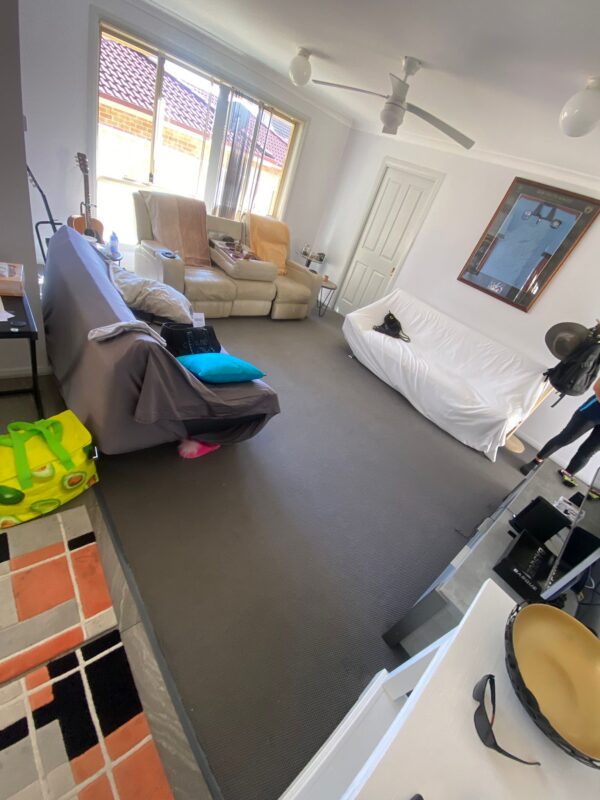
Home Safety
NDIS care after a hospital discharge is the main focus of the service to secure your recovery. This entails looking forward to home care assistance.
In difficult rehabilitation times, it is important to stay out of any danger that might cause complications to your health. Therefore, you need to secure a safe place or nursing facility.
As a patient, you need to understand the importance of a tidy home to keep any tripping hazards, loose cords, or slippery objects away from stairs and hallways. It is essential that your home is clean and safe for you to roam around.
All your personal belongings must be organized, too. If possible, hire a professional cleaning service to ensure every area of your house is fall-proof and clutter-free.
NDIS Support Services and Ongoing Treatment
During hospital discharge summary planning, it is essential to look forward to the best NDIS support service available. This is crucial because, as a patient, you need to find the right NDIS service that caters to your needs.
During support coordination, NDIS health services offers assistance to allow you to process a smooth transport home transition from hospital care to home care. NDIS professional service helps you focus on your health so you can successfully return to your life and live independently.
Look for professionals who can help you reconnect with your peers, engage in social interaction, and participate in community support services activities. Consider an NDIS service that allows you to easily access specialist care, respite care, and flexible treatment.
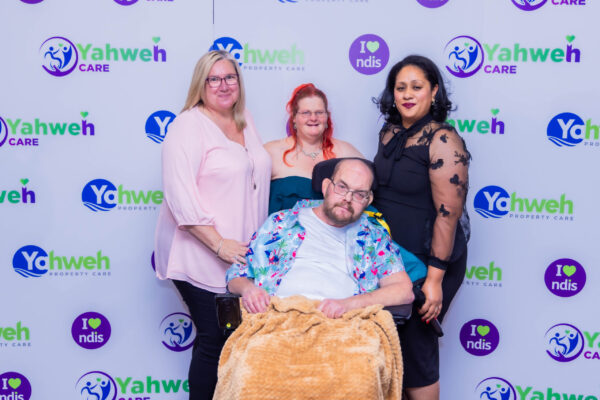
Finding The Right NDIS Service Provider
As a discharged patient, you should be aware of your right to choose the best NDSI service that caters to a tailored support system to help you live a better quality of life. Since your condition hinders you from doing what you previously loved to do, look for a service provider that supports your goal of getting better.
Choose Yahweh Care assistance because they understand your needs. You can directly contact them and send them a message for inquiries.
They are more than happy and willing to assist you anytime.

